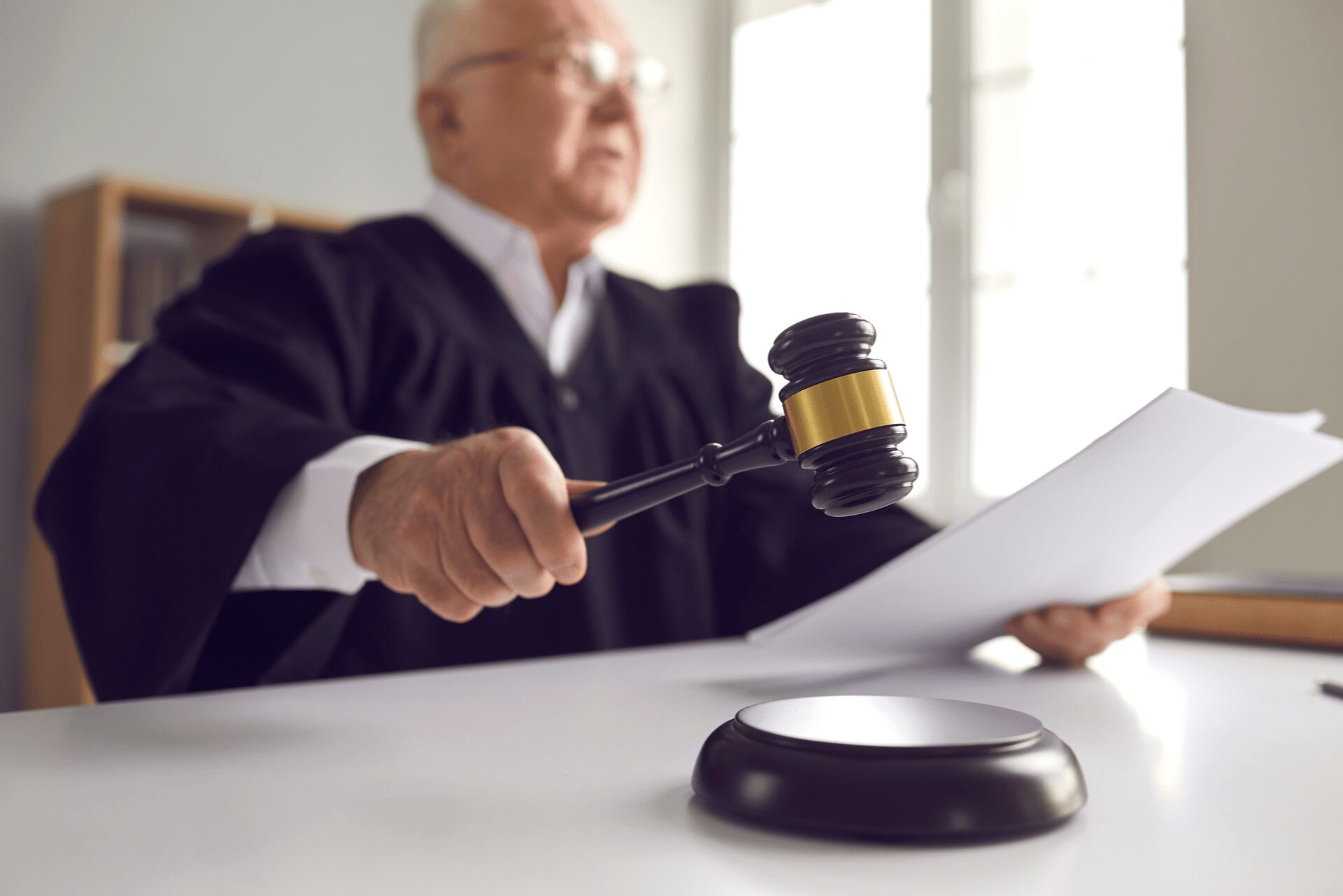Bail Hearing & Review Process

What Is a Bail Hearing?
A bail hearing is your first opportunity to ask a judge for release after being charged. It’s not about whether you’re guilty or not. The focus is on whether you can be safely released into the community until your trial begins. Most bail hearings happen within 24 hours of your arrest.
At the hearing, the Crown prosecutor will argue for detention, often citing public safety or risk of flight. Your bail hearing lawyer will present your background, living situation, and release plan to show why you should be trusted on bail. They may also suggest a surety who can supervise you.
What Factors Does the Judge Consider?
Before deciding, the judge looks at several factors:
- The seriousness of your charges – Was there violence, weapons, or drugs involved?
- Your criminal history – Do you have past convictions or open cases?
- Risk of fleeing – Are you likely to attend court as required?
- Your community ties – Do you have a stable address, family responsibilities, or a job?
- Public safety concerns – Would releasing you put others at risk?
Common Bail Conditions
- Residing at a specific address, often with a surety
- Following a curfew or house arrest
- No contact with co-accused or alleged victims
- No possession of weapons or certain items
- Avoiding specific locations (like a crime scene)
- Staying within Ontario or Canada
What Is a Bail Review?
- There’s been a material change in your circumstances (e.g., new surety, stable job, housing)
- There was an error in law or fact during your original hearing
How a Bail Review Lawyer Helps
- Preparing affidavits from new sureties or employers
- Identifying mistakes in how your first hearing was handled
- Gathering fresh evidence that wasn’t available before
- Suggesting fair conditions that address concerns raised by the court
What You Should Prepare for Your Lawyer
- All documents from your first hearing (court decisions, disclosures, conditions)
- Details on any changes since your last appearance
- Contact details for proposed sureties, with employment or character references
- Medical records, if health is a concern
Why It’s So Important to Get Bail Right
Every day spent in custody affects your mental health, your ability to work, your family, and your case preparation. Without bail, you’re dealing with the justice system from a jail cell—and that puts you at a disadvantage.
That’s why it’s crucial to get expert help the first time, and act quickly if bail was denied. Bail isn’t guaranteed, but a strong legal strategy gives you the best shot.
Why Work With Me
- Straightforward communication – I speak your language, not legal jargon
- Dedicated representation – You work directly with me, not a junior associate
- Community trust – I’ve built a reputation for getting real results for real people
FAQ: Bail Hearing & Bail Review
What if I was denied bail—can I appeal?
How long does a bail review take?
Can I get bail if I have prior charges?
Can I switch sureties during a bail review?
Will the same conditions apply if I win my review?
What is a surety and what do they do?
What if my surety can no longer supervise me?
Contact your lawyer right away. A new surety must be approved by the court, or you may need a bail review to modify your conditions.
Can I apply for a bail review more than once?
Is a bail review always held in person?
What’s the difference between a bail hearing and a bail review?
Don’t Wait—Your Freedom Matters
Whether you’re heading into your first bail hearing or challenging a denial through a bail review, time is of the essence. Let’s work together to build a smart, strategic plan for your release.

